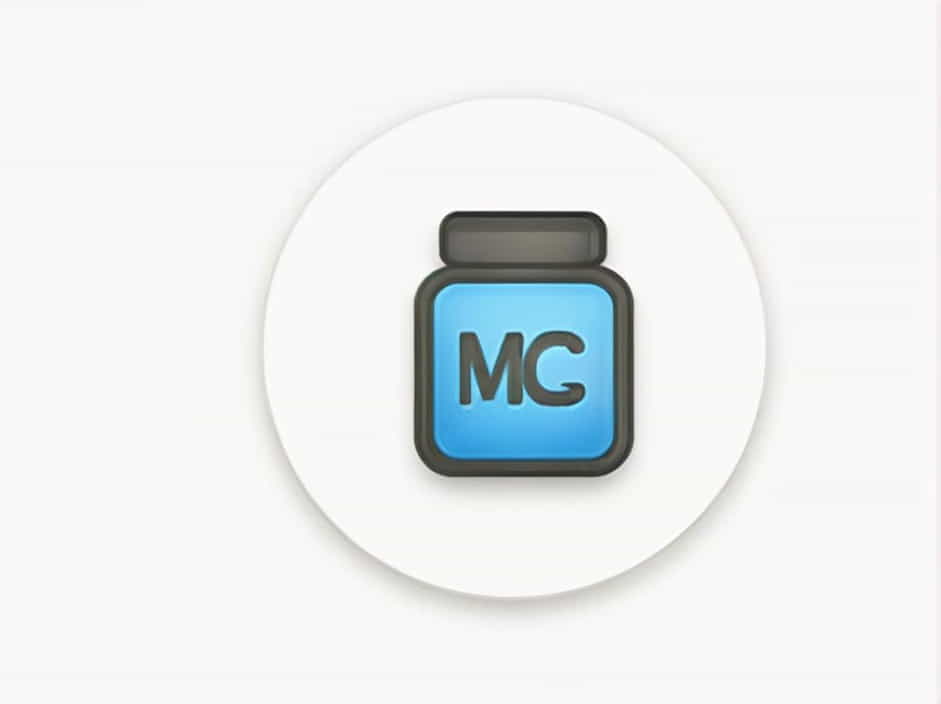Magnesium (Mg) is a commonly used metal in various industries, from medicine to construction. One important aspect of magnesium is its reactivity with hydrochloric acid (HCl). Many people wonder whether magnesium is reactive or nonreactive with HCl, and understanding this reaction is essential for scientific and industrial applications.
This topic will explore the reaction between magnesium and hydrochloric acid, explaining why it happens, the chemical equation, and real-world applications.
Is Magnesium Reactive or Nonreactive with HCl?
Magnesium’s Reactivity in General
Magnesium is an alkaline earth metal with the atomic number 12. It is classified as a reactive metal, meaning it readily participates in chemical reactions.
- Magnesium has two valence electrons, making it eager to lose electrons and form compounds.
- It reacts with oxygen, water, and acids, including hydrochloric acid (HCl).
- Magnesium’s reactivity increases with higher concentrations of acid and higher temperatures.
Magnesium’s Reaction with Hydrochloric Acid
Magnesium is highly reactive with hydrochloric acid. When Mg comes into contact with HCl, a vigorous chemical reaction occurs, producing magnesium chloride (MgCl₂) and hydrogen gas (H₂).
Balanced chemical equation:
This reaction happens because:
- Magnesium loses two electrons to form Mg²⁺ ions.
- Hydrogen ions (H⁺) from HCl gain these electrons, forming hydrogen gas (H₂).
- The chloride ions (Cl⁻) combine with Mg²⁺, creating magnesium chloride (MgCl₂).
Observations During the Reaction
When magnesium is added to hydrochloric acid, you may notice:
- Bubbling and fizzing due to hydrogen gas (H₂) production.
- Magnesium dissolving as it forms MgCl₂ in solution.
- A temperature increase, as this is an exothermic reaction (releases heat).
Why Does Magnesium React with Hydrochloric Acid?
The reaction occurs because magnesium is more reactive than hydrogen in the reactivity series of metals. Magnesium displaces hydrogen from hydrochloric acid, forming a soluble salt (MgCl₂) and hydrogen gas (H₂).
Factors That Affect Magnesium’s Reactivity with HCl
1. Concentration of Hydrochloric Acid
- Higher concentrations of HCl speed up the reaction because more H⁺ ions are available.
- Dilute HCl reacts slower but still produces the same products.
2. Temperature of the Solution
- Higher temperatures increase reaction speed due to faster-moving ptopics.
- A heated acid solution makes Mg react more rapidly.
3. Surface Area of Magnesium
- Magnesium powder or small pieces react faster than large chunks because of increased surface area.
- Magnesium ribbon reacts at a moderate speed, while a solid block reacts more slowly.
4. Presence of a Catalyst
- Although no catalyst is required, adding a small amount of another metal (like copper) can sometimes change reaction speed.
Applications of the Mg + HCl Reaction
1. Hydrogen Gas Production
- The hydrogen gas released in this reaction is flammable and can be used for fuel and industrial processes.
- In laboratories, this reaction is often used to demonstrate hydrogen gas collection.
2. Acid-Base Reactions in Industry
- This reaction helps in producing magnesium chloride, which is used in medicine, food additives, and de-icing salts.
- Magnesium chloride is also used in water treatment and textile production.
3. Biological and Medical Uses
- Magnesium is an essential mineral in the human body and reacts with stomach acid (HCl) to aid digestion.
- Some antacids contain magnesium compounds that react with stomach acid to reduce heartburn and acid reflux.
4. Demonstration in Chemistry Education
- The Mg + HCl reaction is a classic classroom experiment that helps students understand:
- Metal reactivity with acids
- Gas collection methods
- Exothermic reactions
Safety Considerations When Reacting Magnesium with HCl
While this reaction is generally safe, some precautions should be taken:
- Hydrogen gas is flammable: Avoid open flames or sparks near the reaction.
- Wear safety goggles and gloves: Acidic solutions can irritate the skin.
- Use a fume hood: If performing the reaction in a lab, ensure proper ventilation.
- Avoid using excessive magnesium: A large amount can lead to vigorous bubbling and overflow.
Comparing Magnesium’s Reactivity with Other Metals
Magnesium is more reactive than some metals but less reactive than others.
| Metal | Reaction with HCl | Speed of Reaction |
|---|---|---|
| Potassium (K) | Reacts violently | Extremely fast |
| Sodium (Na) | Reacts strongly | Very fast |
| Calcium (Ca) | Reacts actively | Fast |
| Magnesium (Mg) | Reacts moderately | Medium |
| Zinc (Zn) | Reacts slowly | Slow |
| Iron (Fe) | Reacts very slowly | Very slow |
| Copper (Cu) | No reaction | None |
From this table, we can see that:
- Magnesium is more reactive than zinc and iron.
- It is less reactive than calcium, sodium, and potassium.
- Copper does not react with HCl at all.
Common Misconceptions About Magnesium and HCl
1. “Magnesium is nonreactive with acids.”
False! Magnesium readily reacts with hydrochloric acid, producing MgCl₂ and H₂ gas.
2. “Magnesium dissolves in HCl without gas production.”
Incorrect! Bubbling (hydrogen gas formation) is a key sign of the reaction.
3. “Magnesium reacts the same way with all acids.”
Not true. Magnesium reacts differently with:
- Sulfuric acid (H₂SO₄): Forms magnesium sulfate (MgSO₄) + H₂ gas.
- Nitric acid (HNO₃): Forms magnesium nitrate (Mg(NO₃)₂) + H₂ gas.
Is Magnesium Reactive with HCl?
Yes, magnesium is highly reactive with hydrochloric acid. When Mg is added to HCl, it dissolves, produces bubbles (H₂ gas), and releases heat in an exothermic reaction.
Key takeaways:
✔ Magnesium reacts with HCl to form magnesium chloride (MgCl₂) and hydrogen gas (H₂).
✔ The reaction is faster with stronger acid, higher temperature, and increased surface area.
✔ This reaction has applications in industry, medicine, and education.
✔ Safety precautions are necessary to handle hydrogen gas and acidic solutions.
Understanding the reactivity of magnesium with hydrochloric acid is essential for scientific experiments, industrial applications, and chemistry education.
